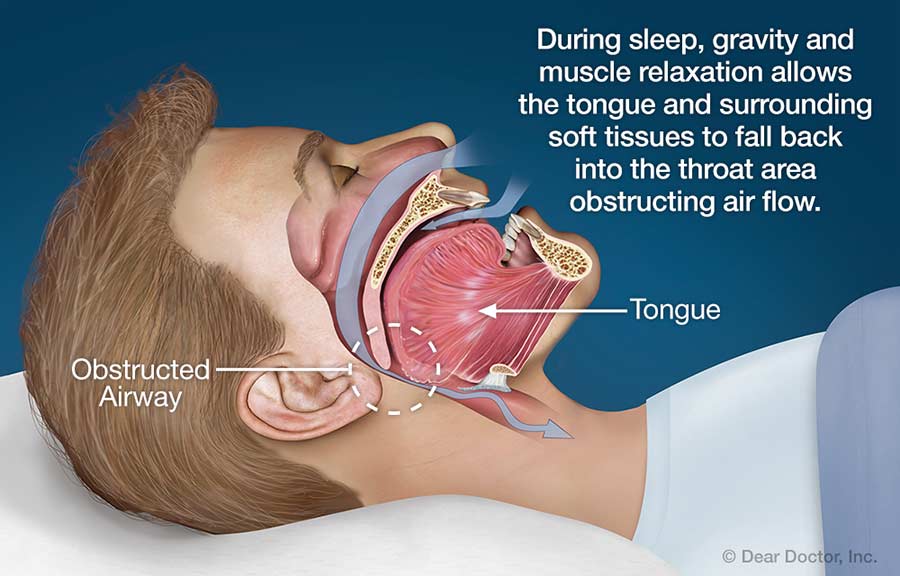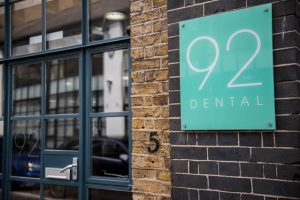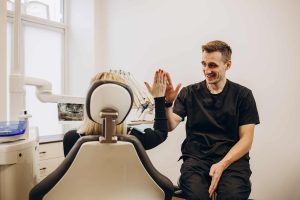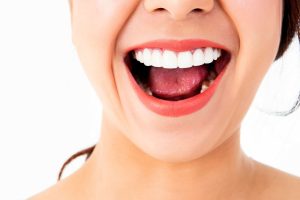Sleep Apnoea is a common and currently very under diagnosed condition where breathing is repeatedly disrupted during sleep.
These breathing difficulties during sleep are caused by the muscles in the back of your throat becoming too relaxed. These muscles are responsible for keeping the airways open during sleep, so their excessive relaxation can either lead to a full blockage (apnoea) or a partial blockage (hypopnoea) of the airways. When the body senses that oxygen levels are dangerously low, due to the inability to breathe, it quickly wakes up to allow normal breathing. It takes only two breaths for the body to reach normal blood-oxygen levels. Once this level is reached, you fall back asleep instantly.
Because these awakenings are so quick, people with Sleep Apnoea are often unaware that they happen at all. However, as they can happen as frequently as every two minutes, the frequent awakenings prevent people from ever achieving sufficient sleep.
As sleep is constantly being disrupted, one of the most obvious symptoms of Sleep Apnoea is excessive sleepiness during the day. This can cause difficulties in both work and family life. Other signs that you may have Sleep Apnoea include:
- Waking up with a headache in the morning
- A dry, itchy throat in the morning
- Loud, irregular snoring
- Night sweats
- High blood pressure
The earliest identification of Sleep Apnoea symptoms are often made by the partners of sufferers. This is because Sleep Apnoea causes one to make a lot of noise throughout the night through snoring, spluttering, and loud breathing as they desperately try and replenish their depleted oxygen levels.
If you or your partner demonstrates more than one of these symptoms then it is imperative that you consult your GP immediately. This is because the extreme fluctuations in oxygen levels caused by Sleep Apnoea can put a lot of strain on your heart. People with Sleep Apnoea often develop high blood pressure, and have a much greater risk of developing heart disease or suffering heart attacks.
Possible causes of Sleep Apnoea
Sleep Apnoea does not affect people randomly; there are some well establised risk factors associated with the condition. These are:
- Excess weight: overweight people are much more likely to develop Sleep Apnoea. 50% of people who suffer Sleep Apnoea are overweight or obese.
- Sex: males are twice as likely to have Sleep Apnoea as females.
- Smoking: people who smoke cigarettes are more likely to have Sleep Apnoea than those who do not.
- Genetics: it has been observed that Sleep Apnoea runs in families. One of the reasons for this may be that people who have narrower airways are more likely to suffer from Sleep Apnoea. Like all physical features, the width of ones airways is determined by genetics.
How to diagnose and treat Sleep Apnoea
Sleep Apnoea is diagnosed using a controlled sleep study called a Polysomnography. This usually takes place in a hospital with a specialised sleep unit, and your heart-rate, breathing, and brain activity are all measured while you sleep.
Should you be diagnosed with Sleep Apnoea there are four ways to manage the disorder.
- Alleviate the risk factors: Some of the factors that contribute to Sleep Apnoea are down to one’s lifestyle. They therefore can be changed with the correct behavioural adjustments. This includes stopping smoking, or losing weight. In some cases, when these risk factors disappear, the Sleep Apnoea stops.
- Sleep with a dental appliance: A small appliance worn in the mouth can offer a non-invasive solution to people with mild to moderate Sleep Apnoea. This appliance keeps the airways open during sleep by altering the position of the jaw. These appliances can be purchased and individually fitted at 92 Dental.
 A dental appliance can resolve the symptoms of mild to moderate Sleep Apnoea
A dental appliance can resolve the symptoms of mild to moderate Sleep Apnoea - Continuous Positive Airway Pressure (CPAP): A machine delivers a continuous air pressure into your nose. The machine is attached to your nose and mouth via a mouthpiece that looks a little bit like a gas mask. These are worn at night. The air pressure is greater than atmospheric air pressure and is great enough to keep your airways open throughout the night. This is quite a drastic lifestyle adjustment however, and is only prescribed to people with severe Sleep Apnoea.
- Surgery: There are several types of surgical procedures that can be given to people with severe to life-threatening Sleep Apnoea. These include surgeries which alter the shape of the jaw, implants which give extra support to the muscles in the back of the mouth, and increases to the size of the airways.
For the majority of people with Sleep Apnoea, a dental appliance is sufficient in alleviating the harmful symptoms. If you think you may benefit from such an appliance please book online or call us on 020 8748 1381.




